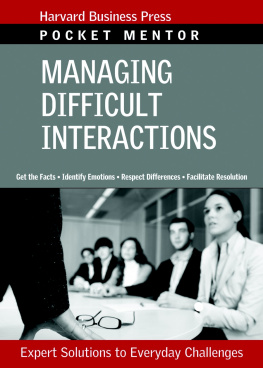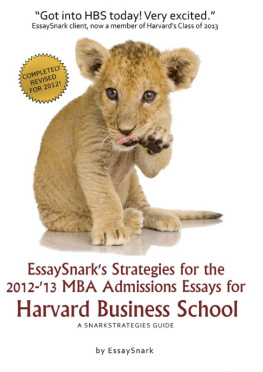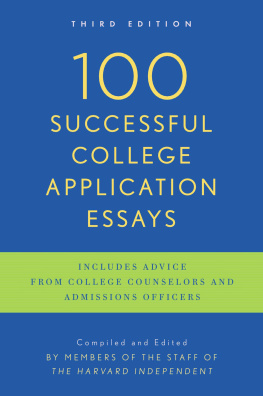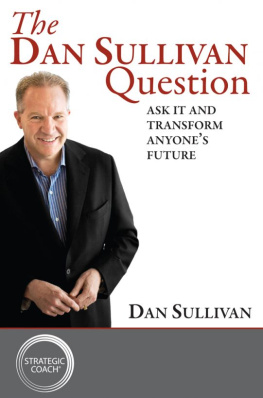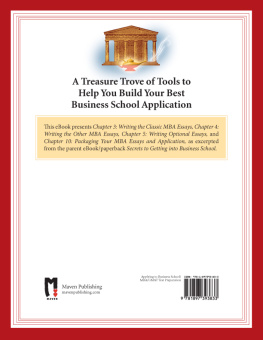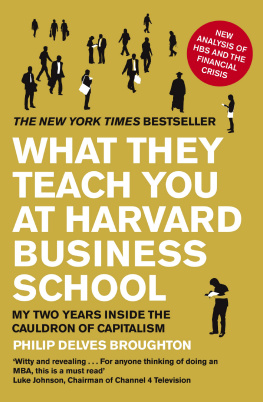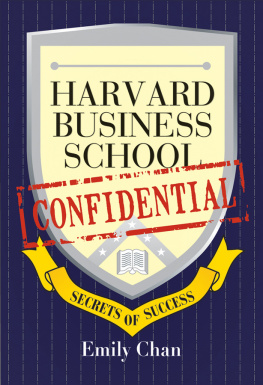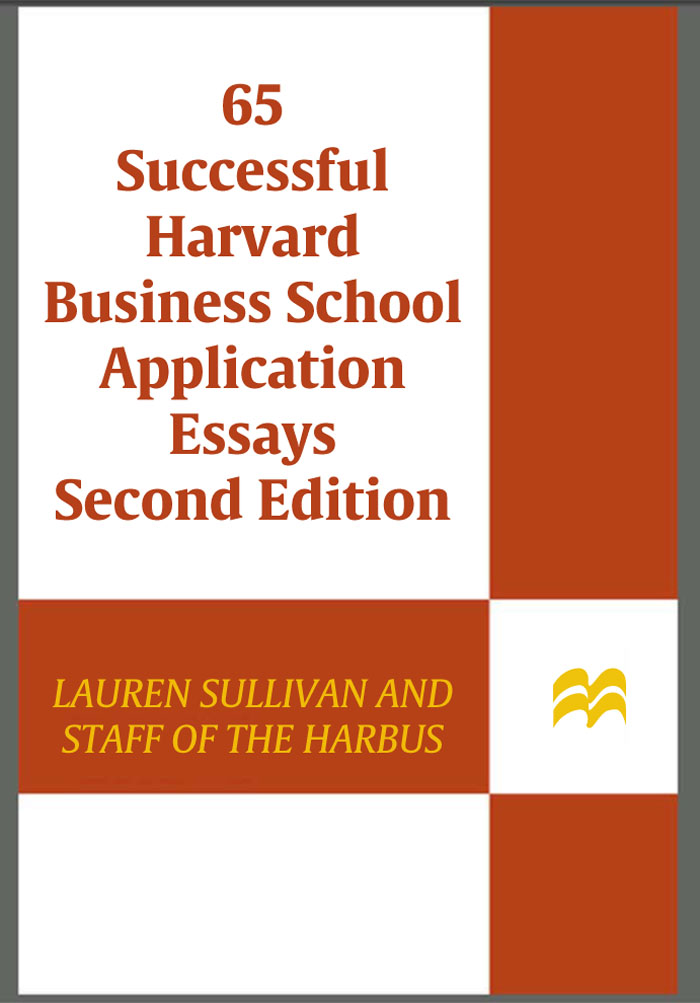
65
SUCCESSFUL
HARVARD
BUSINESS SCHOOL
APPLICATION
ESSAYS
SECOND EDITION
65
SUCCESSFUL
HARVARD
BUSINESS SCHOOL
APPLICATION
ESSAYS
SECOND EDITION
With Analysis by the Staff of The Harbus,
the Harvard Business School Newspaper

65 SUCCESSFUL HARVARD BUSINESS SCHOOL APPLICATION ESSAYS, SECOND EDITION .
Copyright 2009 by The Harbus News Corporation. All rights reserved. Printed
in the United States of America. For information, address St. Martins Press, 175
Fifth Avenue, New York, N.Y. 10010.
www.stmartins.com
Library of Congress Cataloging-in-Publication Data
65 successful Harvard Business School application essays : with analysis by the
staff of The Harbus, the Harvard Business School newspaper / Lauren Sullivan
and the staff of The Harbus.2nd ed.
p. cm.
ISBN 978-0-312-55007-3
1. Business schoolsUnited StatesAdmission. 2. Exposition (Rhetoric)
3. EssayAuthorship. 4. Business writing. 5. Harvard Business School.
I. Sullivan, Lauren. II. Harbus. III. Title: Sixty-five successful Harvard
Business School application essays.
HF1131.A135 2009
808'.06665dc22
2009012531
First Edition: August 2009
10 9 8 7 6 5 4 3 2 1
CONTENTS
ACKNOWLEDGMENTS
The motivation to create the second edition of 65 Successful Harvard Business School Application Essays came from a recent rise in business school applications. With an abundance of qualified candidates to choose from, admissions officers can be more selective, making admission to top schools even more challenging for applicants. The Harbus, the Harvard Business School weekly student newspaper, recognizes that applicants require up-to-date materials and inspiration to match the current environment. While this book includes the latest application essays, which are updated regularly by the admissions committee, it retains several essays from the first edition of the book because of their uniqueness as well as to reflect typical question topics that may reappear in future admissions applications.
It is worth noting that this book is created by The Harbus News Corporation, an independent nonprofit entity, not the Harvard Business School. The Harbus contributes profits to a grant-making foundation that supports community organizations and schools in the Boston area. The Foundation to date has awarded over $850,000 in grants to forty organizations that pursue initiatives in education and literacy.
The views and opinions expressed in this book do not necessarily reflect those of Harvard Business School, and the references to the school throughout the book do not mean that the school endorses these views or opinions.
A huge credit is owed to five contributors from the Class of 2008 and Class of 2009 who helped source the content, select essays, and write critiques and chapter introductions: Aastha Gurbax and Uma Subramanian from the Class of 2008 and Will Boland, Linda Dempah, and Zachary Surak from the Class of 2009. We thank all the HBS students and alumni who kindly shared their personal essays. We would also like to thank the staff of the Harbus, including Lauren Sullivan, Marianne Bakula, and Christie Cuthbert, for their encouragement and support. Lastly, we would be remiss if we did not express our gratitude for assistance from our agent, Katie Boyle, and our editor at St. Martins, Matthew Martz.
INTRODUCTION
You are inspired, hopeful, accomplished, and eager. You seek personal and professional advancement via an MBA that will prepare you for leadership challenges in any business field. You are aware, however, that Harvard Business School receives about ten thousand applications annually, and you are uncertain how to make your application stand out. We understand. We have been in your shoes.
This book seeks to demystify the admissions process for applicants by providing a selective but robust sample of HBS essays that have successfully survived the admissions committee in the past. We aspire to show you a variety of writing styles, essay responses, and applicant backgrounds that have been successful in the past, but there are no foolproof prescriptions, shorts cuts, or magic formulas. There are probably as many perfect application essays as there are applicants.
The chosen essays highlight ordinary applicants who have demonstrated potential, vision, integrity, and leadership. While the MBA applicant pool can often swarm with people with business backgrounds, we are positive that this book will also inspire nontraditional applicants because they will realize that there is no such thing as a standard applicant at Harvard Business School. We encourage you to bear in mind that your profession is not what makes the essay special. What makes you special is how you make the big (or small) decisions in life and how they have led to your growth. The only common strain in the successful essays is that applicants have clearly described why each experience is challenging, educational, and transformational. We hope this book motivates you to write great essays by revealing who you really are. Be captivating. Be truthful. Be yourself.
When you sit down at a blank computer screen, you may be tempted to think that your experiences to date have been rather pedestrian. You are neither an Olympic gold medalist nor a Pulitzer Prize winner. We hope that the examples in this book will rescue you from this fear. Many of the essays contain simple anecdotes with routine settings that demonstrate the applicants maturity, awareness, and potential. Use anecdotes from your life to offer an astute glimpse into your personality, sense of humor, values, thoughtfulness, and all other attributes that will contribute to your success in life and business. Even the most prestigious accomplishment will be deficient if you do not explain why it was important, what you learned from it, and how you have grown because of it.
First, make a mental list of the most influential and meaningful events and experiences of your life and begin to map them into your essays, but avoid repetition. While you may want to weave a few over-arching themes in all your essays, use the essays to demonstrate different aspects of your intellectual, emotional, and moral fiber. For instance, if you choose to prove your ability as a competent project manager in one essay, you may wish to discuss a more personal issue like your relationship with your parents or partner in the next. Reach inside yourself for examples of strength, confidence, and accomplishment.
In the end, your fundamental objective is to prove that you are greater than the sum of your individual application parts such as your GMAT score, academic transcripts, or professional laurels. While those parts of the application are significant, your essays will allow you to bring your charisma and individuality to life. So, steer clear of cut-and-paste jobs from the resume.


